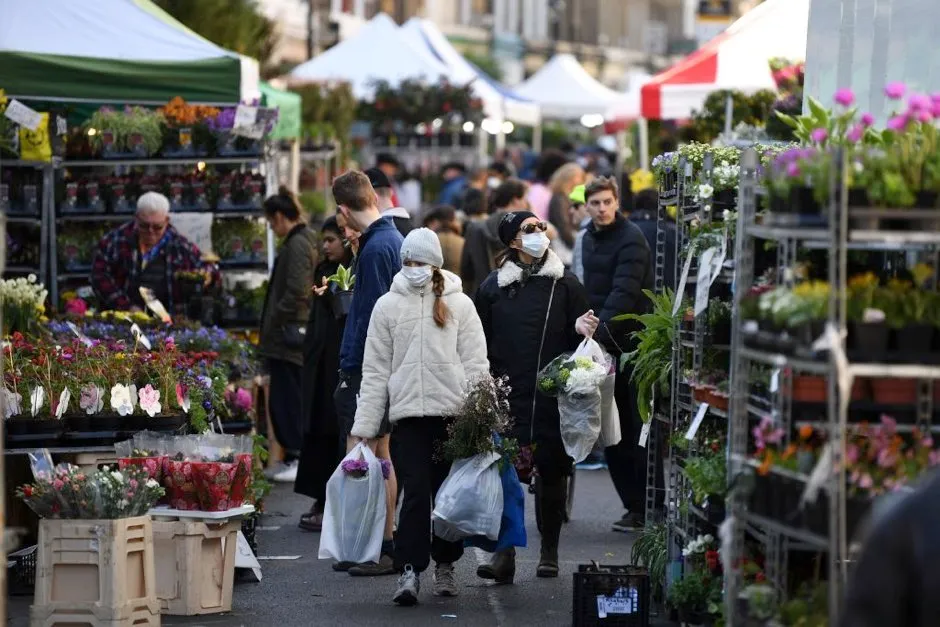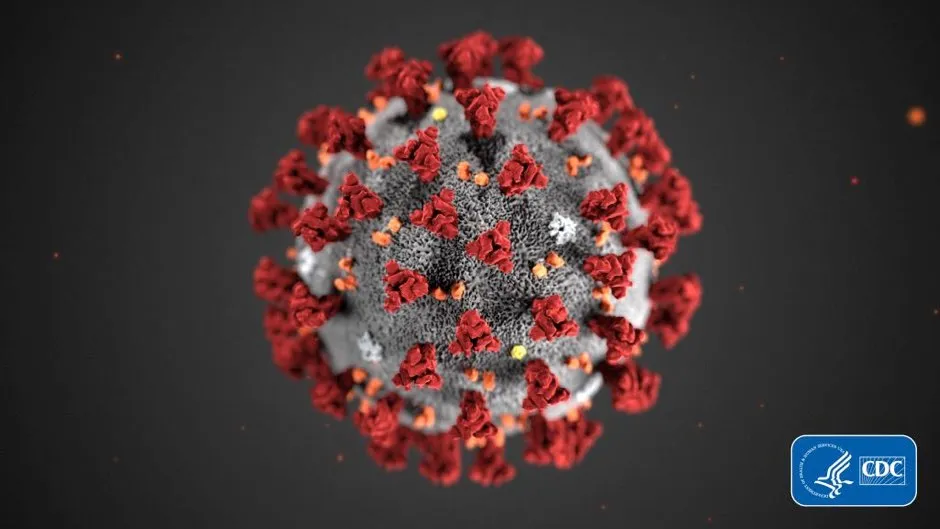- A new model suggests coronavirus could infect almost all the planet's population if left unchecked.
- Report suggests taking effective social distancing measures early could save as many as 38.7 million lives.
- The researchers stress that this model is not a prediction, but an estimate of the scale of the problem.
The coronavirus could have caused 40 million deaths and infected seven billion people if it was left unchecked, experts say.
Researchers at Imperial College London made the findings based on analysis which estimated the potential scale of the coronavirus pandemic across the globe.
The study highlights that failure to mitigate the impact could lead to huge loss of life.
Researchers looked at a number of scenarios, including what would have happened if the world had not reacted to COVID-19 – the “unmitigated scenario”.
They also included two scenarios incorporating social distancing, which result in a single-peaked epidemic – mitigated scenarios.
There were also several scenarios for suppressing the spread of the disease that can have the largest overall impact in terms of reducing disease and deaths.
Read the latest coronavirus developments:
- Big tech and coronavirus: How Google and Facebook could take on the pandemic
- Blood type A 'more vulnerable' to coronavirus
- Coronavirus: aggressive 'L type' strain affecting 70 per cent of cases
According to the unmitigated scenario, if left unchecked the virus could have infected seven billion people and caused around 40 million deaths this year.
The report suggests social distancing to reduce the rate of social contacts by 40 per cent, coupled with a 60 per cent reduction in social contacts among the elderly population, could reduce this burden by around half.
But the modelling revealed that even with this reduction, health systems in all countries would have been overwhelmed very quickly.

Dr Patrick Walker, an author of the report from Imperial, said: “We estimate that the world faces an unprecedented acute public health emergency in the coming weeks and months.
“Our findings suggest that all countries face a choice between intensive and costly measures to suppress transmission or risk health systems becoming rapidly overwhelmed.
“However, our results highlight that rapid, decisive and collective action now will save millions of lives in the next year.”
Read more about the coronavirus:
- Can I get the coronavirus twice?
- Coronavirus: Will COVID-19 become a seasonal virus?
- Can herd immunity protect us from COVID-19?
The report is the 12th to be released by The WHO Collaborating Centre for Infectious Disease Modelling within the MRC Centre for Global Infectious Disease Analysis (Gida), Abdul Latif Jameel Institute for Disease and Emergency Analytics (J-Idea).
In it, the team show that rapid adoption of proven public health measures – including testing and isolation of cases, and wider social distancing to prevent onward transmission – are critical in curbing the impact of the pandemic.
According to the team’s model, implementing measures early on can have a dramatic impact.
If all countries were to adopt this strategy at 0.2 deaths per 100,000 population per week, 95 per cent of the deaths could be averted, saving 38.7 million lives.
However, if this strategy is adopted later, at 1.6 deaths per 100,000 population per week, then this figure drops to 30.7 million.
Professor Azra Ghani, chair in infectious disease epidemiology at Imperial, said: “Rapid, decisive and collective action is required by all countries to limit the effect of this pandemic.
“Acting early has the potential to reduce mortality by as much as 95 per cent, saving 38.7 million lives.
“At the same time, consideration needs to be given to the broader impact of all measures that are put in place to ensure that those that are most vulnerable are protected from the wider health, social and economic impacts of such action.”

Researchers say their results show the burden likely to be faced by low- and middle-income countries.
Professor Neil Ferguson, said: “Our research adds to the growing evidence that the COVID-19 pandemic poses a grave global public health threat.
“Countries need to act collectively to rapidly respond to this fast-growing epidemic.”
The researchers stress the models are not predictions of what will happen, but they illustrate the magnitude of the problem and the benefits of rapid, decisive and collective action.
How to keep yourself healthy, happy and safe during the coronavirus pandemic from across our network:
- Enjoying nature despite COVID-19 [via Discover Wildlife]
- Fun craft ideas for kids to make at home [via Gathered]
- Bingeworthy space and astronomy podcasts for those in self-isolation [via Sky at Night Magazine]
- Astronomy in isolation: stargazing activities for those stuck at home [via Sky at Night Magazine]
- How to cope with anxiety and take care of your mental health during the coronavirus pandemic [via Calm Moment]
- 17 ways to practise self care when working from home [via Calm Moment]
- Coronavirus wellness resources to help you stay positive [via Calm Moment]
- “The very sight of her hands did almost turn my stomach”: a brief history of hand-washing [via History Extra]
- Coronavirus: a historical perspective [via History Extra]
